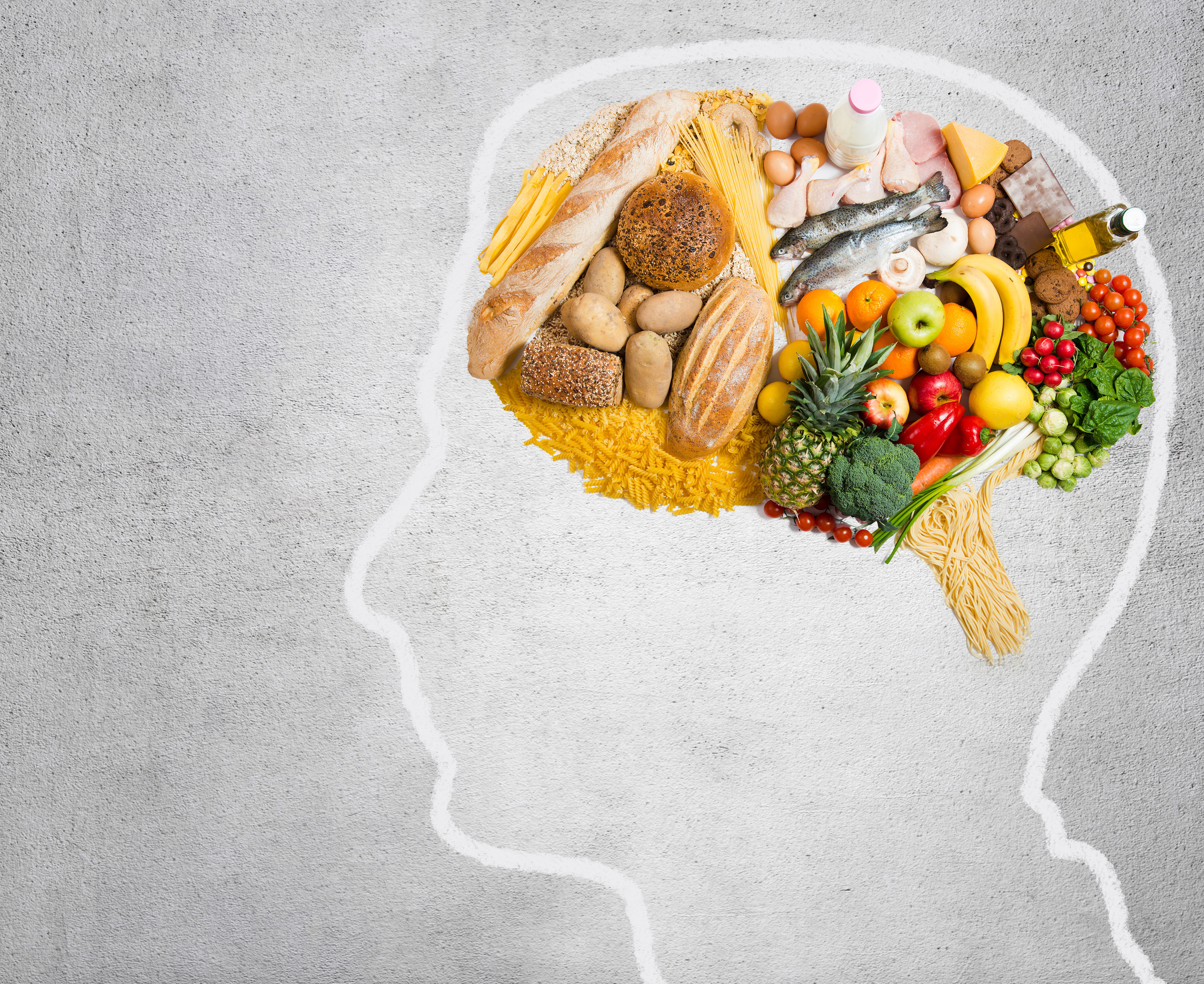
Trying to lose weight? Be careful not to lose muscle

Is your skin problem actually an autoimmune condition?

People with diabetes face higher risk of hearing loss

Antibiotic-free fixes for recurrent UTIs

Musculoskeletal syndrome of menopause: When menopause makes you ache all over

When can older women stop getting mammograms?

To lose weight, especially harmful belly fat, combine diet and exercise

Can men hold off on treating recurring prostate cancer?

The 7 types of rest and why we need them all

What are the early warning signs of cervical cancer?
Mental Health Archive
Articles
Meeting your exercise goals online
The COVID-19 pandemic shut down many gyms, spawning new online fitness class options that included Spin, Pilates, dance, and yoga. Maintaining an exercise routine during the pandemic offered multiple physical and mental health benefits by boosting mood-related brain chemicals and enhancing sleep. People exercising virtually could stay fit and maintain contact with others without risk of COVID infection. Even beyond pandemic-related concerns, virtual workouts can offer convenience, variety, privacy, and a sense of shared experience.
Screening for cognitive dysfunction
Occasional forgetfulness and memory lapses are often dismissed as a sign of normal aging. But if these episodes become more frequent or problematic, or if they affect daily life, older adults should consult their primary care physician, A doctor can offer an evaluation for mild cognitive impairment. This includes a brief in-office screening test of thinking skills like short-term recall, concentration, attention, ability to juggle multiple tasks, and orientation to time and place.
Hearts and minds
Vascular dementia, which arises from longstanding, cumulative damage to small blood vessels in the brain, may cause or contribute to up to half of cases of dementia. The vessels may thicken or become blocked by blood clots, causing tiny strokes that damage specific parts of the brain important for various thinking abilities. Keeping blood pressure in the recommended range of 120/80 or lower is the best way to prevent vascular dementia.
Why is it so challenging to find a primary care physician?
An adequate supply of primary care physicians is essential for our health care system to function properly, but it's becoming more and more difficult to find one. Rates of burnout are high among PCPs, and many are considering cutting back their work hours or leaving altogether.
The popularity of microdosing of psychedelics: What does the science say?
Renewed research into the potential benefits of psychedelic drugs has led to interest in microdosing — taking a fraction of a regular dose. Many people believe that microdosing can help them, but the evidence from some recent studies is mixed.
Getting stuck in long-term grief
In March 2022, the American Psychiatric Association added "prolonged grief disorder" to its official list of diagnoses. The diagnosis applies to bereaved adults who continue to experience intense grief more than a year after the death of a loved one. Someone with prolonged grief has a daily yearning for the loved one or is preoccupied with thoughts of the loved one to the point that it interferes with daily life. The diagnosis also requires additional symptoms, such as difficulty re-engaging in life or emotional numbness. The condition can be treated, and healing is possible.
Could anger and depression raise the risk of afib?
Psychological issues such as anger, anxiety, depression, and work stress are associated with a greater likelihood of the heart rhythm disorder known as atrial fibrillation, according to a 2022 study.
Apps to accelerometers: Can technology improve mental health in older adults?
The adoption of technology has grown rapidly among older adults, and with it have come potential benefits to mental health, daily functioning, and quality of life. Those who want to help an older person in their life might suggest one of the many options available.
Tapering off antidepressants sensibly
People taking antidepressants may have many reasons for wanting to discontinue the drug. They may feel they no longer need the medication or decide they cannot tolerate side effects. A doctor should guide the process of tapering off antidepressants. The chance of depression recurrence is higher for people who take antidepressants long-term and stop abruptly. Withdrawal symptoms can make the tapering process uncomfortable, but it's generally not dangerous.

Trying to lose weight? Be careful not to lose muscle

Is your skin problem actually an autoimmune condition?

People with diabetes face higher risk of hearing loss

Antibiotic-free fixes for recurrent UTIs

Musculoskeletal syndrome of menopause: When menopause makes you ache all over

When can older women stop getting mammograms?

To lose weight, especially harmful belly fat, combine diet and exercise

Can men hold off on treating recurring prostate cancer?

The 7 types of rest and why we need them all

What are the early warning signs of cervical cancer?
Free Healthbeat Signup
Get the latest in health news delivered to your inbox!
Sign Up











